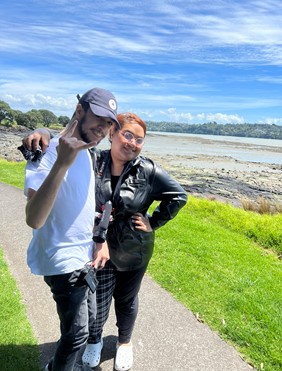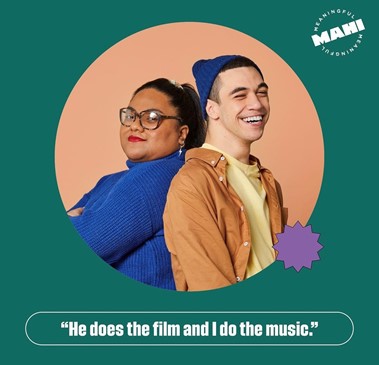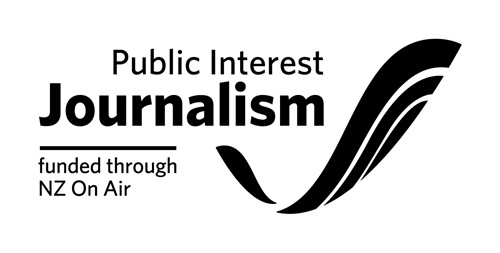Help - the disability community needs you!
Having a disability can be brutal. Really brutal!
Most people take getting out of bed, getting dressed, brushing their teeth and tying their shoelaces for granted. But for many in the disability community, it can be a real challenge.
Luckily, help is at hand in the form of caregivers. They are our knights in shining armour.
Support workers provide assistance and out with everyday tasks like cooking, travel, personal hygiene and getting to and from daily appointments.
But that’s only part of the story. Trust me, I know!

My support worker and cousin, Finau, is a real lifesaver. Yes, she’s there to lend a helping hand and take the stress out of the daily routine, but she is also a friend and confidante. Big parts of our day are spent just chilling. She is someone I can confide in and share my inner thoughts and secrets.
I value her company, her advice and the time we spend just chilling. And so does she …
“Most people think this job is just physical, but the emotional side to caregiving is huge. The trust, the bond and the connection you make are really special. I feel like I'm watching Will grow and become someone he never thought he could be. I am not only lucky to witness it but also to be part of it.” Finau
Sadly, in New Zealand, people like Finau are a rarity and scarce commodity.
There is a genuine shortage of support workers. According to the last Census, 9,888 support workers worked in New Zealand in 2018. Yet, in the same year, 1.1 million people - roughly 24 per cent of the population - were identified as having some form of long-lasting impairment.
COVID has really amplified the problem. However, with restrictions on people arriving from overseas and older workers being members of a higher-risk group, the opportunities for young people to move into care and support roles are endless.
What's the stigma?
There seems to be a misconception that support work is dull and boring and caregivers need to be old. The reality is that couldn’t be further from the truth. Think about it … if you were 18 … would you want to spend all day with a 50-year-old? Or would you want to hang out with someone that you can relate to and have a bit of fun with?
Sadly, the disability support workforce is ageing and doesn’t reflect the diversity of the communities it serves.
The Meaningful Mahi Campaign
In 2021, a Meaningful Mahi campaign was created to change the perception of support workers. It aims to inspire a new generation of diverse young people to consider this work. It tells unique stories about disabled people - and what supporting them really looks like. The campaign dispels myths, breaks assumptions, and reduces fear and stigma. It seeks to show people that disability work is flexible, rewarding and truly meaningful.


Photo from Meaningful Mahi Instagram (@meaningfulmahi)
I loved being part of the campaign. You can check out Finau and my story by hitting this link.
So, if you’re kind-hearted, have a positive attitude, love people and like a good laugh - why not give caregiving a go? Trust me, it is hugely rewarding, and you will be appreciated.
You, too, can help a person achieve what they never envisioned was possible!




